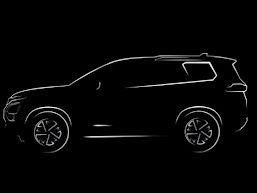In 2021, a new brand entered the market by the name Malkist which is from Inbisco which is a subsidiary of Indonesia based Mayora group. Inbisco is well known for its confectionery brand Kopiko which has carved a niche for itself in the confectionery market. Malkist is a brand from Indonesia from Mayora's portfolio.
Malkist is not an ordinary biscuit. It is in the sub-category of crackers which is a biscuit usually preferred by adults who are diabetic or health conscious. Usually, crackers are taken with added toppings to make them consumable. This is where the brand has identified an opportunity. Malkist wants to redefine the cracker category in favour of the larger set of young consumers by making it different and palette friendly.
Malkist has done this by adding flavours to it. It is a 7 layered crackers that come in flavours such as cheese and chocolate. The brand which was soft-launched a year back is now launched nationally. The brand has also given a big boost to the launch campaign by getting none other than Amitabh Bachchan. Bachchan has brand pull across demographics and getting him to promote the brand was a big plus for Malkist.
The launch campaign featuring Big B is also a delight to watch and the ad makes use of Big B to the fullest. The theme is " can't resist" is one of the most used themes in the food-related ads, but the ad is never boring thanks to the presence of Big B. What is good about the ad is that it persuades the customer for product-trial which is the primary and paramount objective for any new brand in the market. The rest of the success depends on how the product performs.
Malkist is positioned as a premium cracker and is now pushing the brand solely on the taste factor which cannot be termed as a clear differentiator. However crackers with irresistible taste is a nice value proposition to have at least at the launch phase. The brand will be looking at bringing more flavours to the portfolio in the coming months thus catering to the variety-seeking needs of the target market. The brand is also an example of a competitive strategy of niche marketing where the company aims at carving a niche in a highly crowded market away from the competitors.


















